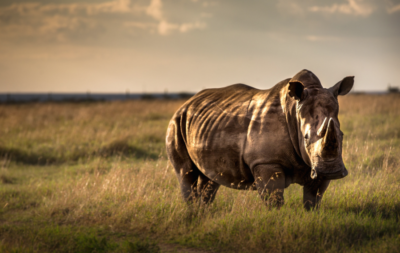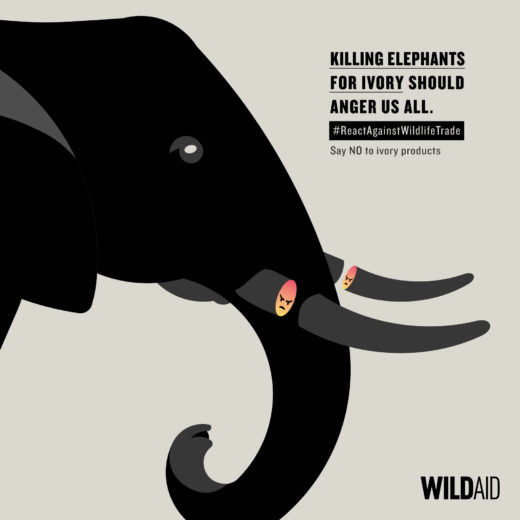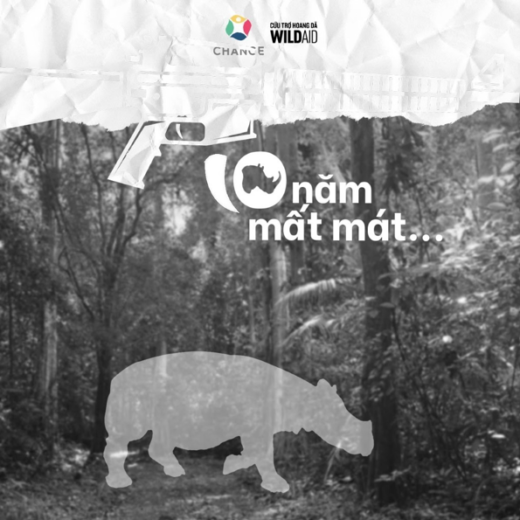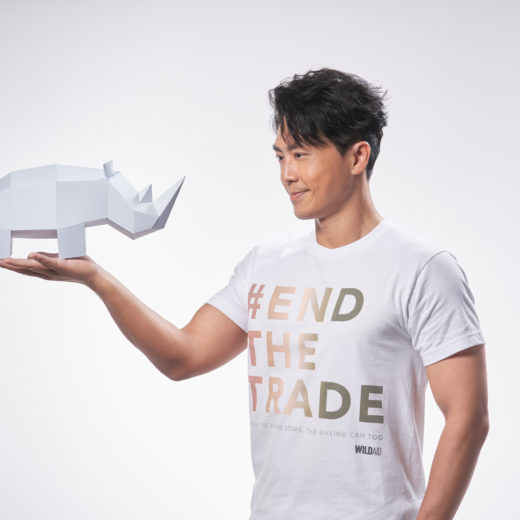
South Africa’s top court has ruled in favor of allowing domestic trade in rhino horns, WildAid has learned. Since 2009, a government-backed moratorium had been in place preventing the sale of horns within the country.
A legal challenge was brought against the moratorium by private ranchers who own large populations of the animals, and who are believed to be stockpiling horns in hopes of selling them commercially. WildAid is concerned that legalizing domestic rhino horn trade opens the door to additional illegal horn exports.
“There is no domestic demand for rhino horn products and, as the pro-trade lobby very well knows, the reason why the moratorium was implemented in the first place was to prevent domestic trade from being used as a cover for smuggling,” said Susie Watts of WildAid’s Africa Program.
International trade in rhino horns has been banned by the UN CITES treaty since 1977.
Poaching of critically endangered black rhinos and near threatened white rhinos has experienced a spike over the past decade. South Africa, home to most of the world’s 30,000 rhinos, lost more than 1,000 to poachers last year alone.
“Legal trade in rhino horn is not the way to stop rhino poaching. All it does is stimulate demand and provide a cover for illegal trade,”; Watts said. “Legalizing trade in ivory, for example, did not saturate the market, but encouraged consumption. Elephant poaching skyrocketed as a result.”
In recent years, new uses of rhino horn have emerged in Asian countries, such as Vietnam where it is used recreationally and as a purported cancer treatment. To help address trafficking, Vietnam’s National Assembly is revising its penal code to strengthen penalties for wildlife crime offenses.
Further, knowledge that rhino horn is composed of the same substances as hair and fingernails – the message of WildAid’s Nail Biters campaign – has increased drastically. WildAid surveys show that while only 19% of Vietnamese citizens were aware in 2014, 68% had become aware by 2016.
Stay in touch and get the latest WildAid updates.
SIGN UP


